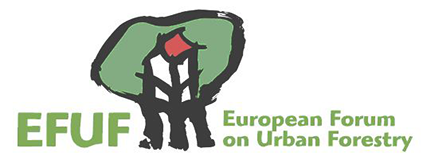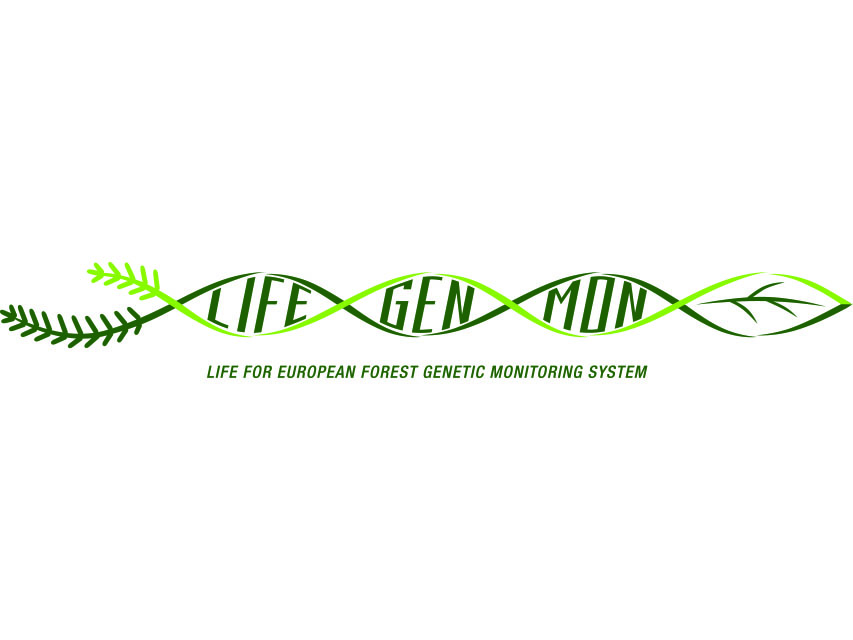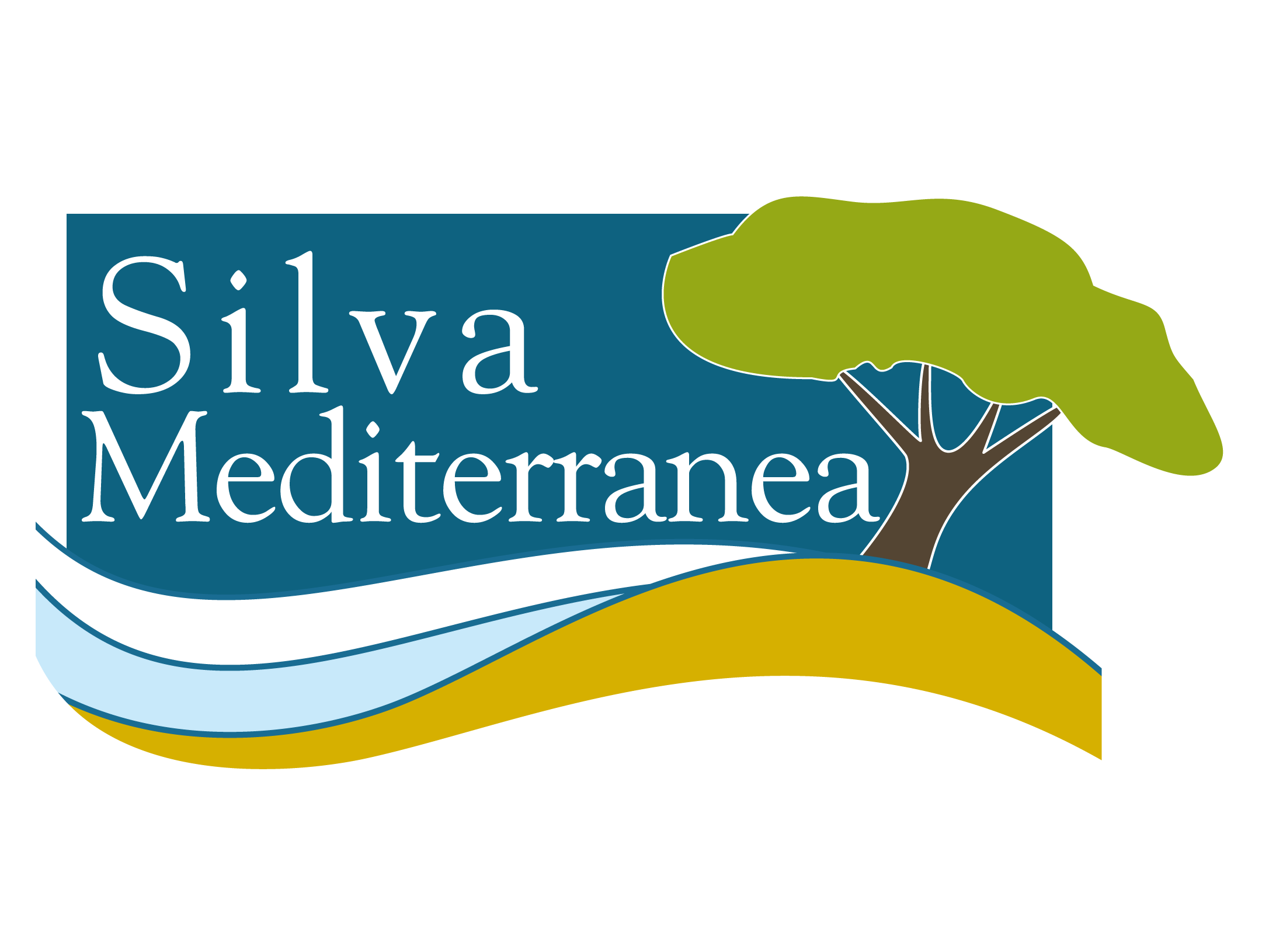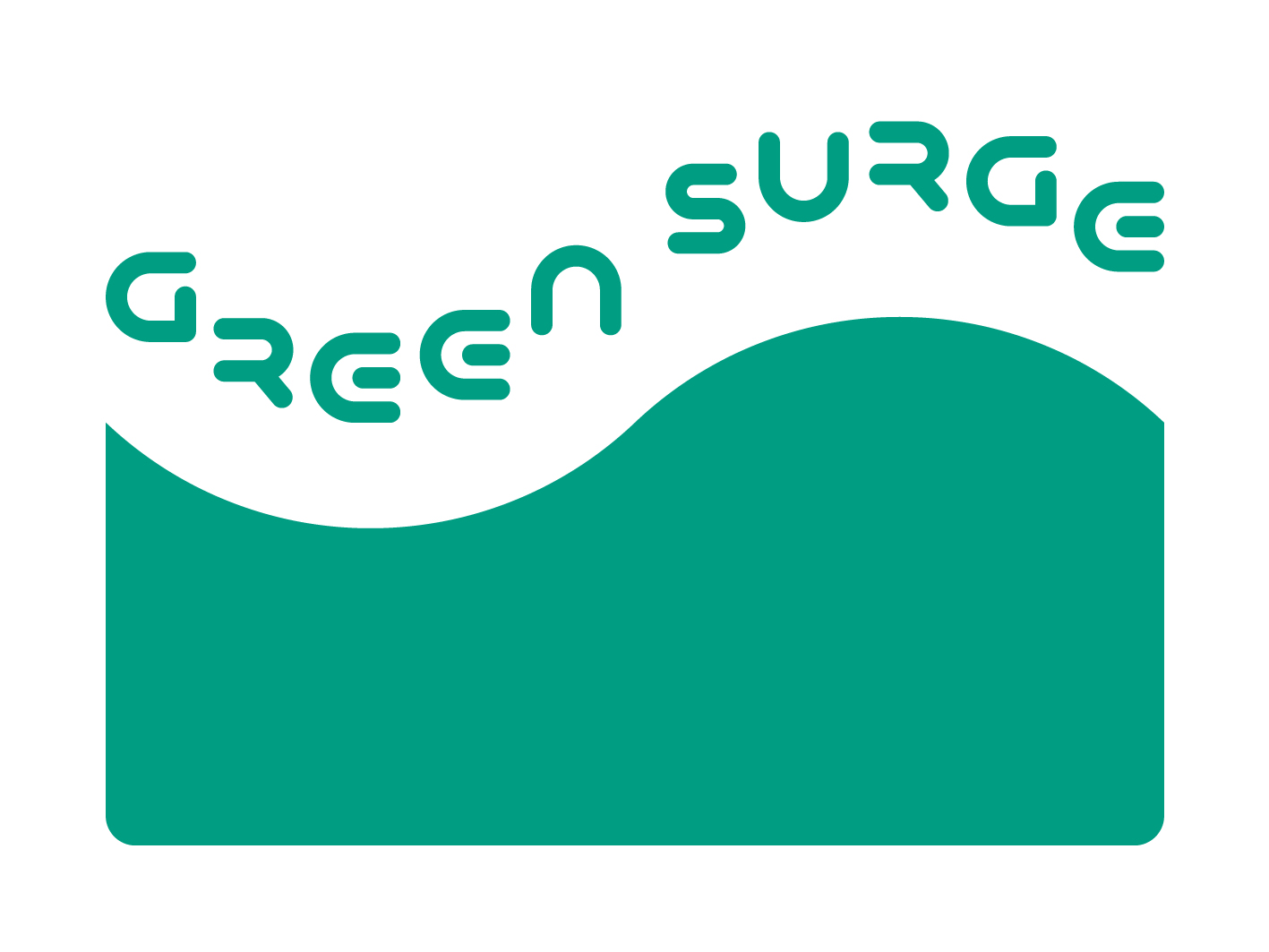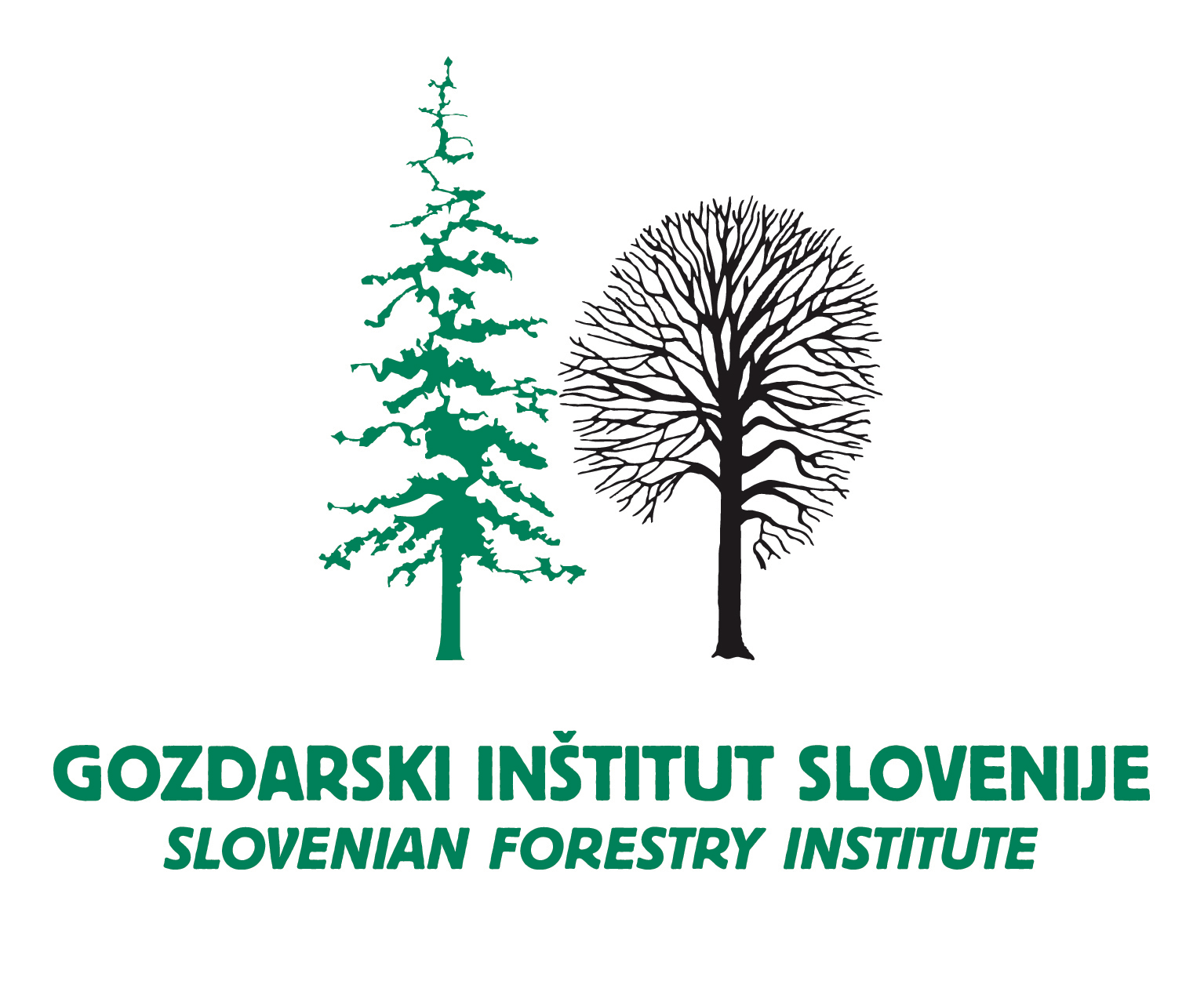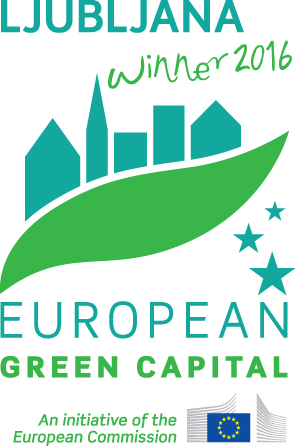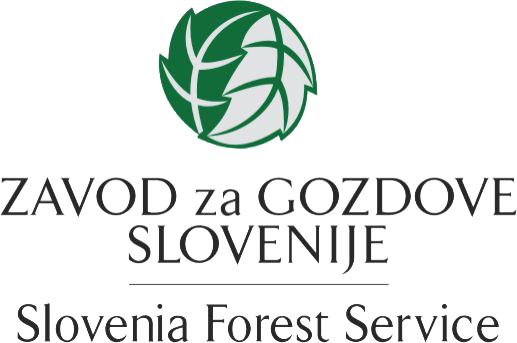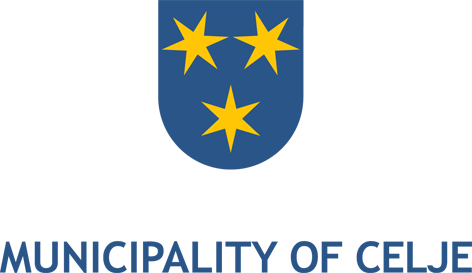Cities need to be fit for purpose. The one thing we know is that the future holds many uncertainties. This may be the consequence of climate change such as flooding or prolonged droughts; economic cycles of ‘boom’ and ‘bust’, neo-liberalisation of the policy environment and a shrinking role for the state; geostrategic conflicts such as rapid inward migration. The reasons are many. What is the role of genetic diversity when thinking about resilience of different scenarios. Urban forests and other green infrastructure and the ecosystem services they provide can play an important role; but what is that role and how it can it be made robust.
Conference
Full with field trips; welcome reception on May 31st 2016, participation at the conference with field trips in Ljubljana and Celje, coffee breaks, lunches.
Social evening
Boat ride on Ljubljanica River with Social dinner on June 2nd 2016.
Saturday excursion
Maximum 100 persons, full day excursion.
Printed book of abstracts (BoA)
Organizers encourage the electronic version of the BoA, thus the printed version is an option.
Student conference package
Only for university students, including PhD (with University or Institute certificate)
Urban Forests and resilient cities /
Urban Forests, health and well-being /
The population in urban areas is expected to keep increasing. People are also expected to live in ever more compact cities. With more built infrastructure, can forests, trees and other green infrastructure continue to keep urban inhabitants healthy and happy? Research tells us that citizens need to have access to green areas and that key groups such as children can suffer from nature deficit disorders. How do we address these challenges in the face of diminishing budgets and increasing expectations.
Urban Forests, governance and management /
The role of urban forests is important not only in ecological terms but in terms of social equity and community involvement too. Fortunately citizens can, and in many places already do, play a key role in the governance and management of urban forests and other forms of green infrastructure. However in order to ensure the provision of urban forest services in the long-term a complex of legislation, ownership issues, education, public relations, monitoring of urban forest and conflict solving has to be factored in. Professionals know that improving the management of urban forests and trees is required to keep their high value as urban ecosystem resources, but how does this mesh with citizen involvement and the complex inter-relationships thrown up by governance.
Urban Forests and the promotion of a city /
Branding, marketing and education are (becoming) the key activities of contemporary management of urban forests and promotion of their values and benefits. A mere slogan and a few ambitious adjectives aren’t enough anymore to persuade users, decision makers and politicians. How do urban forest researchers and managers cope with the phenomena of contemporary consumerism, the lifestyles of new generations and the changes of lifestyles of traditional generations is an open question? Furthermore which marketing tools are useful for promotion of urban forests and how do we succeed at social media? Perhaps the key issue is whether urban forests can be the ‘must have’ meme; of this marketing savvy society.
SCHEDULE
At Slovenian Forestry Institute
Address: Vecna pot 2
Ljubljana
- 11.00 - The Nature of Cities: building health from the ground up, Tara Zupancic
- 11.30 - FAO Global Urban and Periurban Forestry policy guidelines, Simone Borelli
- 12.00 - Challenges to Governing
Old City centre and Landscape park Tivoli, Rožnik and Šišenski hrib (groups)
- 9.30 - Welcome by the Mayor of the City of Celje, Bojan Šrot
- 9.35 - Welcome by the Director of the Slovenia Forest Service, Damjan Oražem
- 9.40 - Tailoring the Brand
Summary and Post-conference programme for participants.
